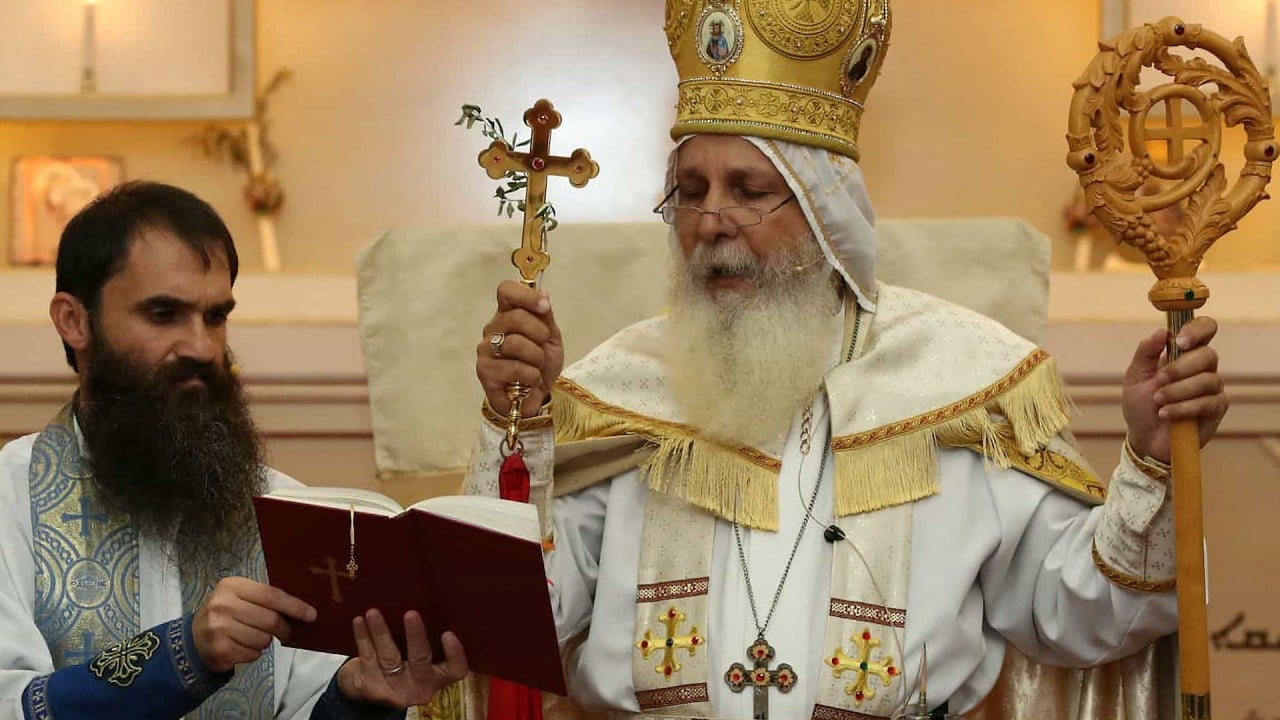When an unnamed X user posted overnight that it was Lambie who “should be in jail for censoring free speech on X”, Musk replied to his 181 million followers, “Absolutely. She is an enemy of the people of Australia”.
A representative for Lambie, an independent senator for the small island state of Tasmania, declined to comment.
Targeting individuals is a regular strategy of Musk, the world’s third-wealthiest person, as he goes after governments that try to exert more oversight of content on social media.
Megalomaniacs like Elon Musk [are] going to court to fight for the right to show alleged terrorist content on his platform
Musk widened his attacks on Australia, including promoting a post from an unnamed but verified X user which said the country “disarmed all of their citizens in 1996 so that they cannot resist their fascist government”, a reference to a gun buy-back and registration scheme after the country’s worst mass shooting.
Musk responded with an exclamation mark.
Another anonymous, verified X account posted a screenshot of a text message purporting to be from a “friend living in Sydney”, saying “Evil has penetrated Australia’s government hard”. “Whoa!” Musk replied.
Home Affairs Minster Clare O’Neill said social-media companies created “civil division, social unrest … and we’re not seeing a skerrick of responsibility taken”.
“Instead, we’re seeing megalomaniacs like Elon Musk going to court to fight for the right to show alleged terrorist content on his platform,” she added.
Far-right Senator Pauline Hanson supported Musk, saying the takedown order was the centre-left Labor government’s “convenient excuse to increase their power to control what truths, ideas, information, and opinions you are able to share”.
X and Musk have said they had complied with the temporary takedown order but would appeal it. The footage remained visible on X in Australia on Wednesday.
Another hearing to decide if the takedown order should be permanent was scheduled for later on Wednesday.
China’s spy agency warns of national security threats from AI technology
China’s spy agency warns of national security threats from AI technology
The internet is already “the world’s most potent incubator of extremism,” Mike Burgess, director general of the Australian Security Intelligence Organisation, said in excerpts of a speech delivered on Wednesday. “AI is likely to make radicalisation easier and faster.”
ASIO reckons artificial intelligence “will allow a step change” in the capabilities of Australia’s enemies, Burgess added.
“The way I see it, AI is HOT: equal parts Hype, Opportunity and Threat,” he said, according to the excerpts of his speech to the National Press Club.
The way I see it, AI is HOT: equal parts Hype, Opportunity and Threat
The Australian government is moving towards imposing mandatory restrictions on the development and use of AI, creating a panel of legal and scientific experts in February to inform future policy.
Burgess also called on technology companies to work with agencies to establish lawful access for end-to-end encryption. While privacy is important, he said, it can’t be absolute and technology shouldn’t be above the law.
“Unaccountable encryption is like building a safe room for terrorists and spies, a secure place where they can plot and plan,” he said.
‘Striking hard at terrorism’: China hails its measures in Hong Kong, Xinjiang
‘Striking hard at terrorism’: China hails its measures in Hong Kong, Xinjiang
Burgess said ASIO is investigating a number of Australians who belong to a nationalist and racist extremist network who use an encrypted chat platform to communicate with offshore extremists, sharing propaganda and discussing how to provoke a race war.
“The chat room is encrypted, so ASIO’s ability to investigate is seriously compromised,” he said.
As a result, “having lawful and targeted access to extremist communications would be much more effective and efficient. It would give us real time visibility of their activities,” he said.
Additional reporting by Bloomberg


